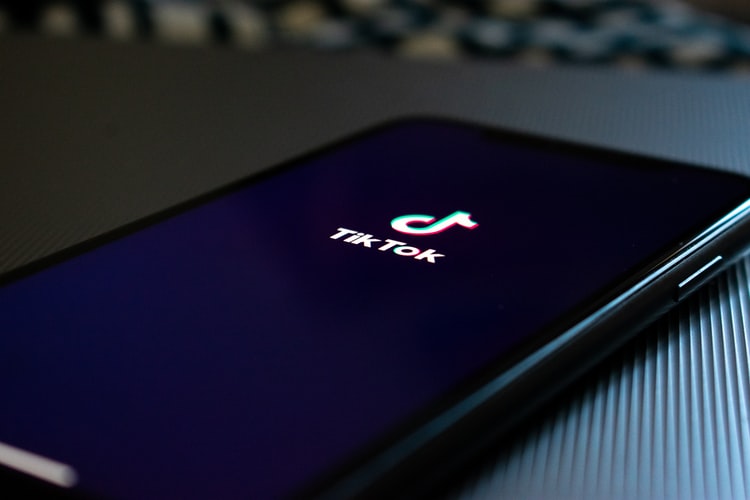TikTok Faces Potential Ban in the U.S.: What You Need to Know
The future of TikTok, the wildly popular short-form video platform, hangs in the balance as the U.S. Supreme Court deliberates on a law that could lead to its prohibition. The case highlights a heated national debate, intertwining concerns over national security with free speech, economic implications, and political dynamics. The outcome could have far-reaching consequences for technology regulation, the digital economy, and millions of American users.
The Core Issue: National Security vs. Free Speech
At the heart of the matter lies the argument that TikTok, owned by the Chinese company ByteDance, poses a national security threat to the United States. The U.S. government asserts that Chinese authorities could compel ByteDance to share sensitive user data or manipulate the content algorithm to influence public opinion or sow discord. These claims have led to bipartisan support for legislation requiring TikTok to divest its U.S. operations or face a nationwide ban.
TikTok has vehemently contested these assertions, maintaining that the concerns are speculative and unsupported by concrete evidence. The platform argues that a ban would violate the First Amendment rights of millions of users and content creators who rely on TikTok as a source of income, entertainment, and social connection.
While ByteDance has taken steps to address these concerns, such as storing U.S. user data on domestic servers through its “Project Texas” initiative, the government remains unconvinced. The conflicting perspectives underscore the broader tension between protecting national security and preserving freedom of expression in the digital age.
Supreme Court Deliberations
The Supreme Court is scheduled to review the case on Friday, marking an expedited timeline that reflects the urgency and significance of the matter. If the court upholds the law, TikTok could face a ban as early as January 19. However, the justices also have the option to temporarily block the law while they deliberate, providing TikTok a temporary reprieve.
TikTok’s legal team has urged the court to intervene, warning that even a temporary suspension could have devastating consequences for the platform. According to company filings, a month-long ban could result in the loss of one-third of TikTok’s American user base and significant declines in advertising revenue.
The justices’ decision, expected in the coming weeks, will set a precedent with implications for future regulation of foreign-owned tech platforms operating in the U.S.
A Political Dimension: Trump’s Involvement
Adding a layer of complexity is the political context surrounding the case. The law is set to take effect on January 19, the day before President-elect Donald Trump is inaugurated. In an unusual move, Trump has filed court documents urging the Supreme Court to suspend the law. He has stated his intent to negotiate a resolution that keeps TikTok operational in the U.S. while addressing national security concerns.
This marks a stark shift from Trump’s first presidential term, during which he sought to ban TikTok outright. His more conciliatory approach this time aligns with his substantial presence on the platform, where he has amassed over 14.7 million followers. Trump’s recent meeting with TikTok CEO Shou Zi Chew at his Mar-a-Lago estate has further fueled speculation about his plans for the platform.
Stakeholders Weigh In
The debate over TikTok has drawn input from various stakeholders, reflecting the widespread implications of a potential ban. Free speech advocacy organizations, such as the ACLU and the Electronic Frontier Foundation, have called on the Supreme Court to block the law, arguing that the government has not provided sufficient evidence of harm. These groups warn that banning TikTok would lead to “extraordinary disruption” for the millions of Americans who use the platform daily.
Conversely, supporters of the law, including former Senate Majority Leader Mitch McConnell and a coalition of 22 states, argue that the legislation is a necessary safeguard. They contend that TikTok’s ownership by a Chinese company poses unacceptable risks to Americans’ privacy and the integrity of the nation’s information ecosystem.
The tech industry is also closely watching the case, as it may signal how the U.S. government will approach foreign-owned platforms and data privacy concerns moving forward. Companies with similar ownership structures could face increased scrutiny or regulatory challenges, setting a precedent for global tech operations.
Economic Implications of a Ban
A ban on TikTok would have profound economic repercussions, particularly for content creators, small businesses, and advertisers who have integrated the platform into their operations. TikTok has become a cultural phenomenon and a major player in the digital advertising market, boasting over 150 million U.S. users as of 2023.
For content creators, the platform represents a primary source of income and a key avenue for reaching audiences. A ban would force them to pivot to other platforms, many of which lack TikTok’s unique algorithm and audience engagement features. Small businesses that rely on TikTok’s targeted advertising capabilities to reach younger demographics would also face significant disruptions.
Advertisers, who have invested heavily in campaigns tailored for TikTok, would need to reallocate their budgets and strategies, potentially affecting broader marketing trends across the digital landscape.
For ByteDance, the loss of the U.S. market would be a significant financial blow and could undermine its ambitions to compete globally with tech giants like Meta and Google.
Related: The success of Tik Tok and the creator
Broader Implications for Technology Regulation
The TikTok case reflects a broader reckoning with how governments regulate technology in a globalized world. The outcome could set a precedent for addressing concerns about foreign-owned tech platforms, data sovereignty, and the balance between security and civil liberties.
It also raises questions about the role of tech companies in geopolitics. TikTok’s ability to navigate regulatory challenges in the U.S. could influence how other platforms operate in jurisdictions where national security concerns intersect with technological innovation.
As the Supreme Court prepares to deliberate, the stakes are high for TikTok, its users, and the broader tech industry. The case underscores the complexities of balancing national security with free speech in an increasingly interconnected digital world. Whether the platform will survive the legal and political challenges it faces remains to be seen, but its fate will undoubtedly shape the future of technology regulation and social media.














